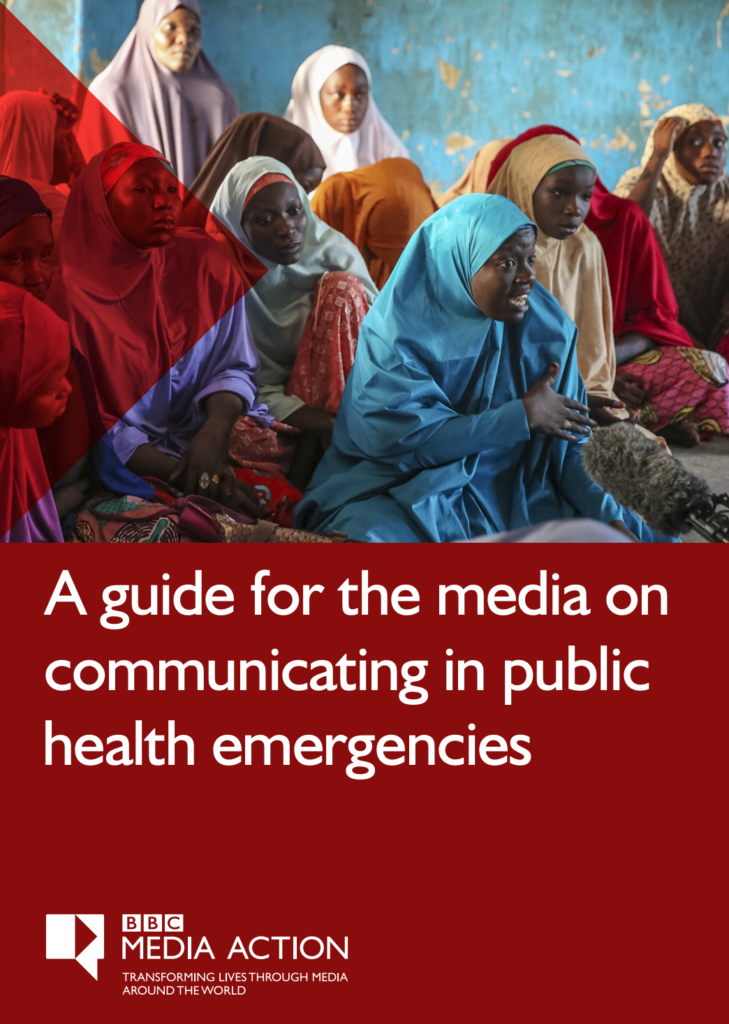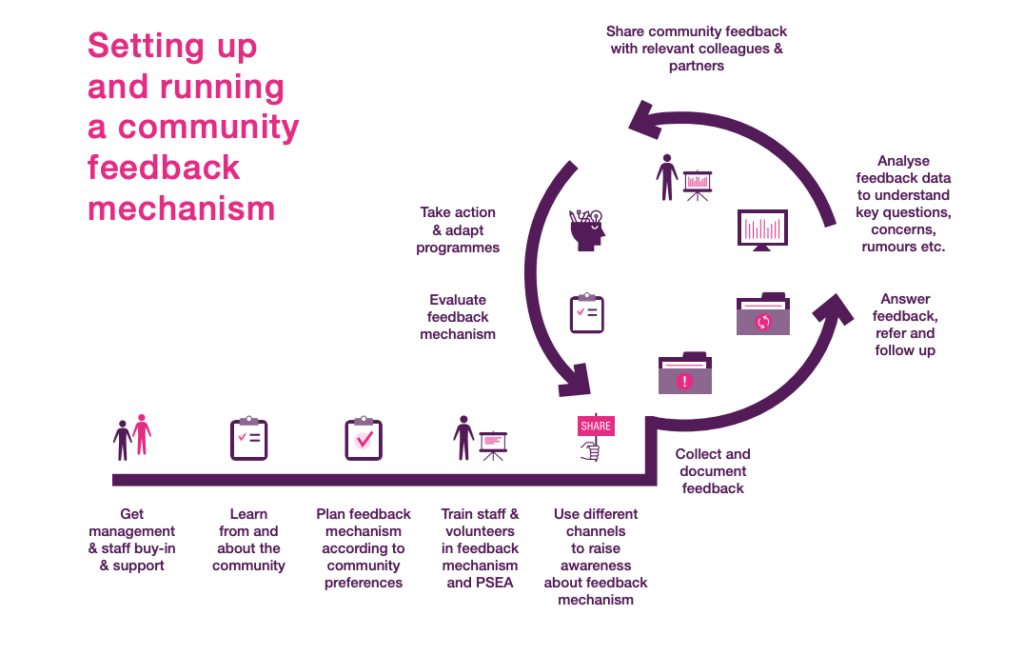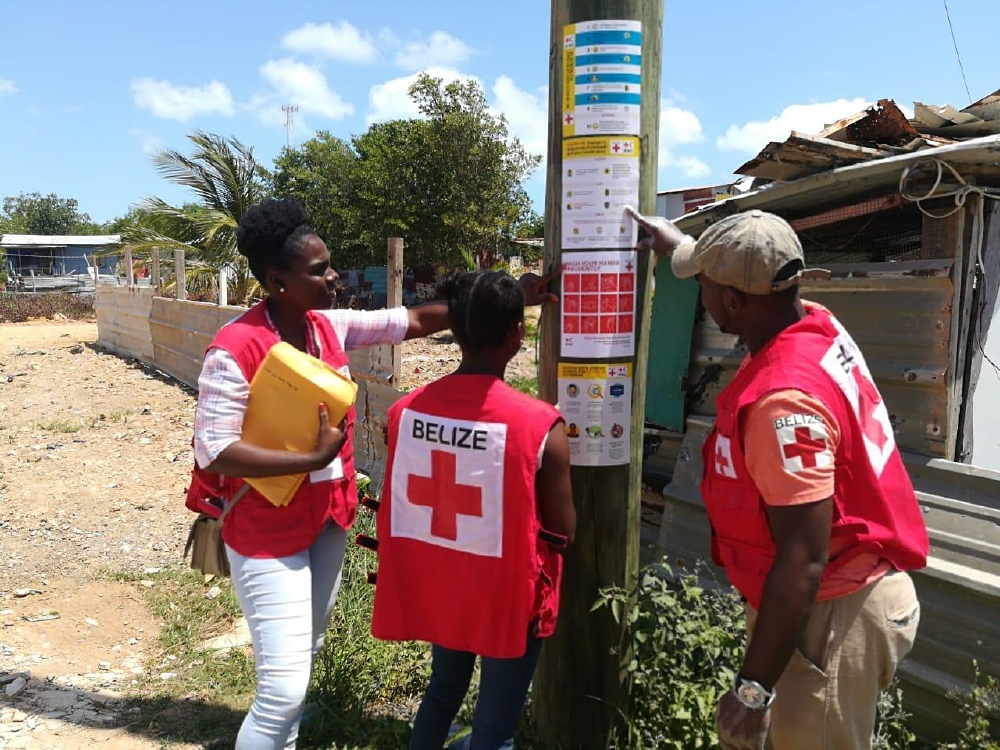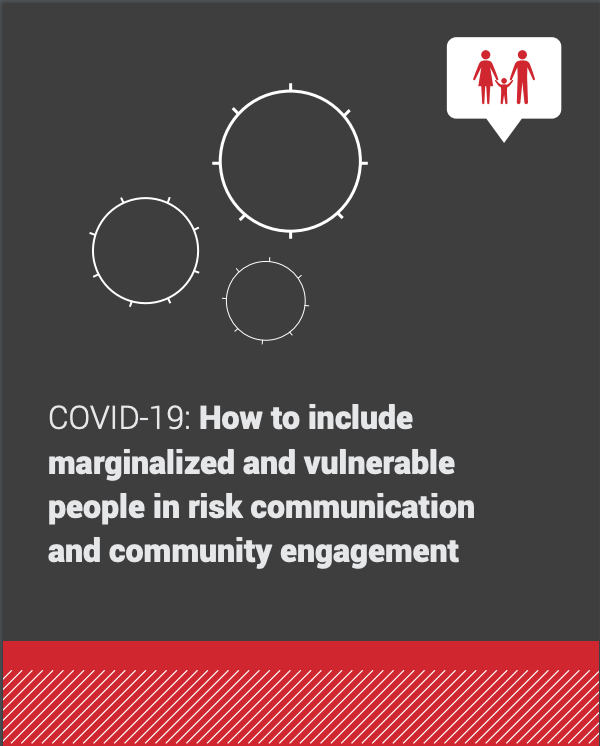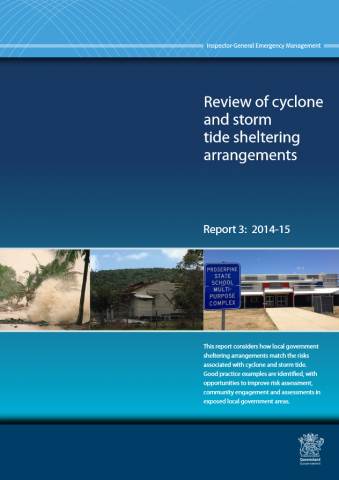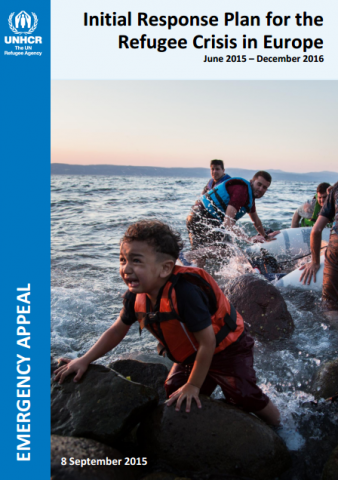COVID-19: Tips for using social media
There is an overabundance of information circulating about the new coronavirus disease (COVID-19), which can make it hard for people to identify which information is reliable and trustworthy. Rumours and misinformation travel fast – especially through social media. can not only stop people from adopting preventive measures that keep them safe but even more worrying, […]
COVID-19: Tips for using social media Read More »

